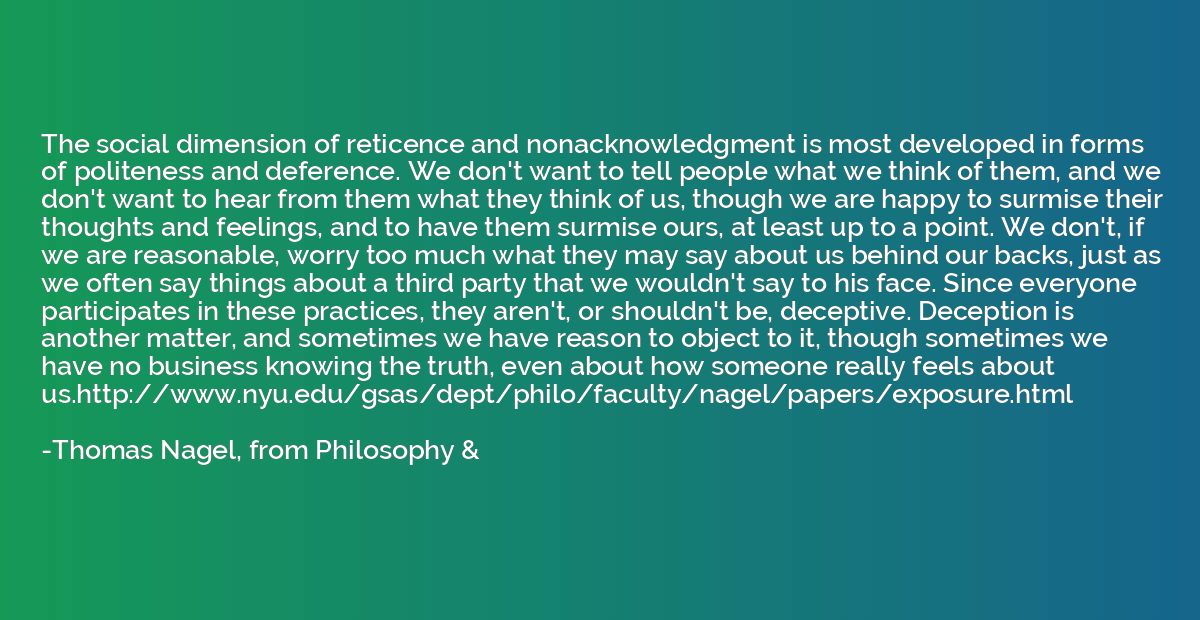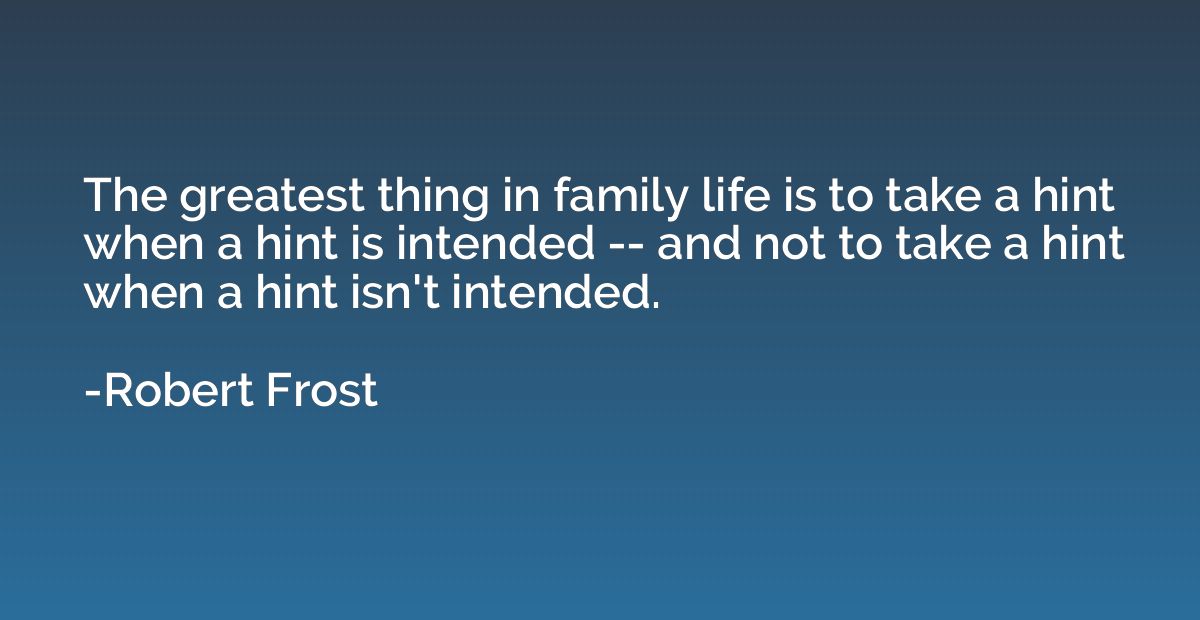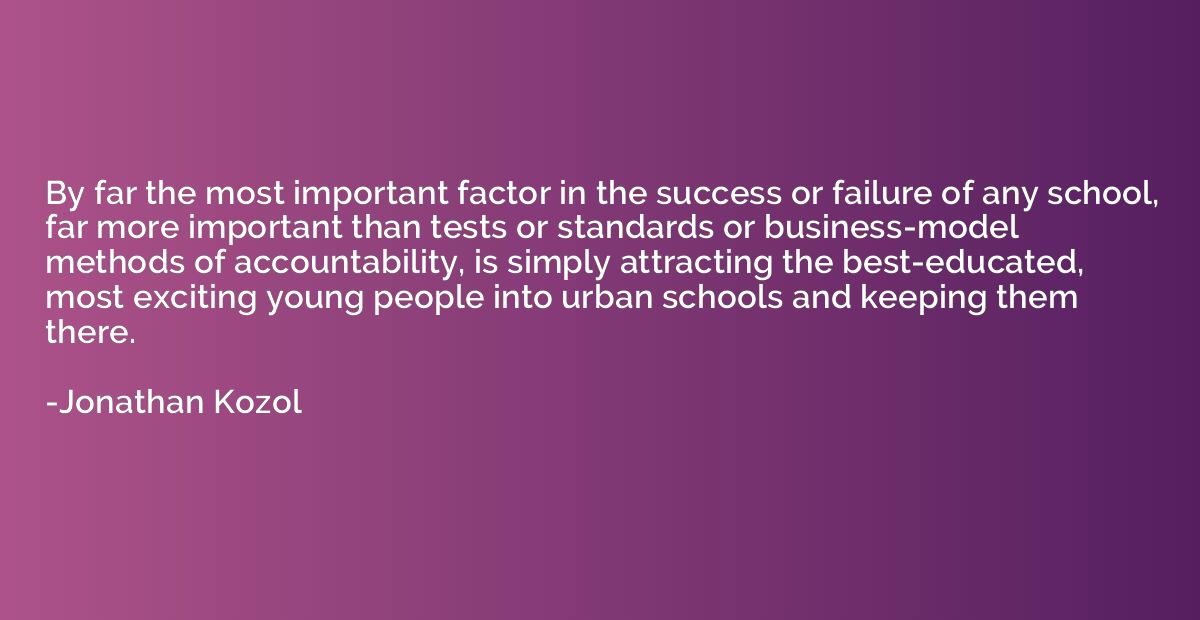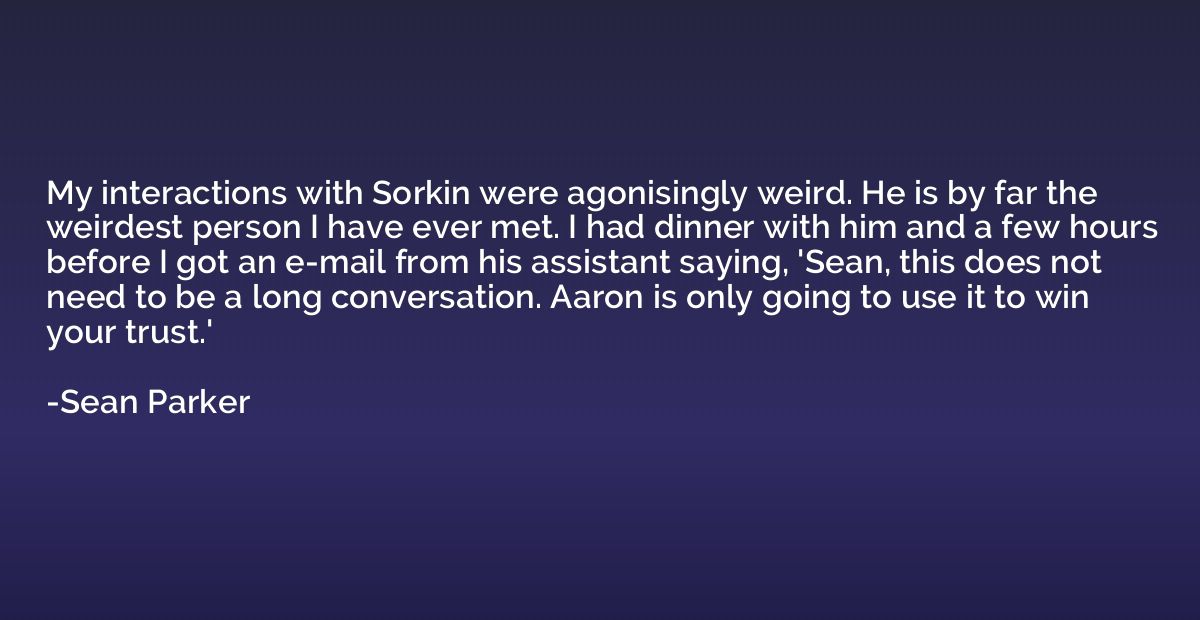Quote by Thomas Nagel, from Philosophy &
The social dimension of reticence and nonacknowledgment is most developed in forms of politeness and deference. We don't want to tell people what we think of them, and we don't want to hear from them what they think of us, though we are happy to surmise their thoughts and feelings, and to have them surmise ours, at least up to a point. We don't, if we are reasonable, worry too much what they may say about us behind our backs, just as we often say things about a third party that we wouldn't say to his face. Since everyone participates in these practices, they aren't, or shouldn't be, deceptive. Deception is another matter, and sometimes we have reason to object to it, though sometimes we have no business knowing the truth, even about how someone really feels about us.http://www.nyu.edu/gsas/dept/philo/faculty/nagel/papers/exposure.html

Summary
This quote highlights the social dynamics of reticence and nonacknowledgment, primarily seen in acts of politeness and deference. It suggests that we often refrain from expressing our true thoughts and feelings to avoid potential discomfort or conflict. Similarly, we prefer not to know exactly what others think of us, as long as we can infer their opinions to some extent. This mutual understanding is deemed acceptable and non-deceptive since it is a widespread social practice. Nevertheless, the quote acknowledges that while deception can be objectionable, there are situations in which it may not be our place to demand complete honesty, especially concerning someone's true feelings about us.














